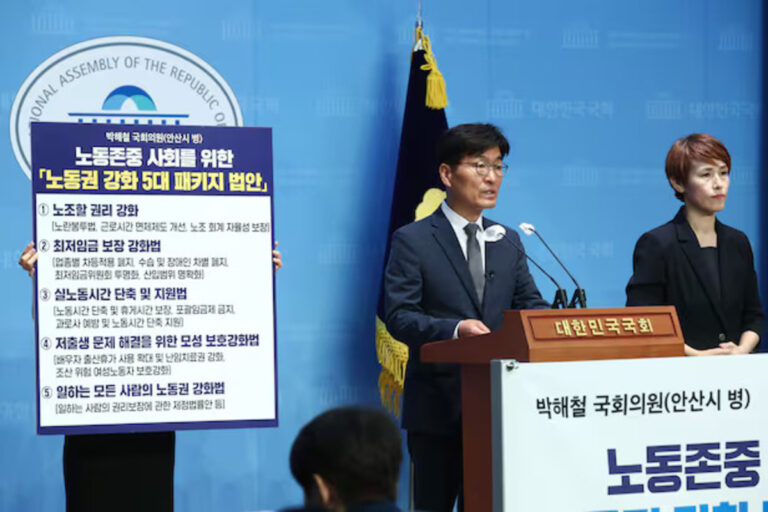🎧 Listen to This Article
South Korea is considering a tax cut proposal for single homeowners who must live away from their primary residence due to work obligations. The revision to the Special Tax Act, introduced by Democratic Party lawmaker Park Hae-Chul, seeks to extend tax deductions on jeonse (lump-sum deposit rent) loans and monthly rent payments to homeowners facing temporary work-related relocations.
Current Law vs. Proposed Changes
Under current tax regulations, only non-homeowners are eligible for tax deductions on rental payments and jeonse loan repayments. The proposed revision would expand these benefits to workers who own a single home but are forced to rent due to job relocations. This policy aims to alleviate financial burdens for dual-income families and long-distance commuter households.
Broader Tax Reform Context
The proposal is part of a wider push for tax reform amid South Korea’s early presidential election phase, with both ruling and opposition parties introducing tax cut pledges to appeal to centrist voters. Democratic Party leader Lee Jae-myung has also announced plans to:
- Increase the inheritance tax exemption from 500 million won to 800 million–1 billion won.
- Remove the 3 billion won spousal inheritance tax cap.
- Increase the basic income tax exemption from 1.5 million won to 1.8 million won.
- Grant a 10-year corporate tax exemption for firms producing national strategic technology products.
Challenges Ahead
While these tax cut proposals aim to support taxpayers, concerns remain over South Korea’s declining tax revenue. Critics argue that without addressing the revenue shortfall, large-scale tax reductions could impact fiscal sustainability.
For further details, clarification, contributions, or any concerns regarding this article, please contact us at editorial@tax.news. We value your feedback and are committed to providing accurate and timely information. Please note that our privacy policy will handle all inquiries



